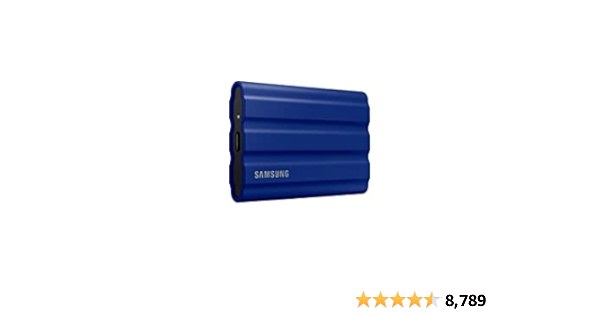I look at an SSD purchase decision as answering 3 questions:
What is the use case?
Which access pattern is typical for the use case?
Which SSDs perform well with this access pattern?
Moving from the second to the third question is ideally done with a good grasp of how the SSD should perform. Reading SSD reviews should be easier if you know – in technical terms – what you are looking for, e.g. virtual machine means IOPS-demanding application.
To help with the second question, I started a list to gather notes from around the Web: http://shared.ftml.net/ssd-use-case/
I'd like to offer this list as a way to collect observations. Use this thread to ask which access pattern best describes your use case and to share patterns you've identified.
(For a description of access patterns, see SSD Performance - A Primer)
To start, what does a Time Machine backup entail - are we looking at lots of random writes or lots of sequential writes? What's the read/write ratio?
What is the use case?
Which access pattern is typical for the use case?
Which SSDs perform well with this access pattern?
Moving from the second to the third question is ideally done with a good grasp of how the SSD should perform. Reading SSD reviews should be easier if you know – in technical terms – what you are looking for, e.g. virtual machine means IOPS-demanding application.
To help with the second question, I started a list to gather notes from around the Web: http://shared.ftml.net/ssd-use-case/
I'd like to offer this list as a way to collect observations. Use this thread to ask which access pattern best describes your use case and to share patterns you've identified.
(For a description of access patterns, see SSD Performance - A Primer)
To start, what does a Time Machine backup entail - are we looking at lots of random writes or lots of sequential writes? What's the read/write ratio?
Last edited:


